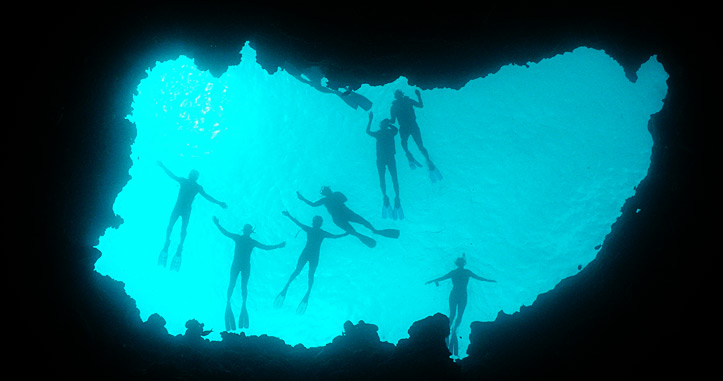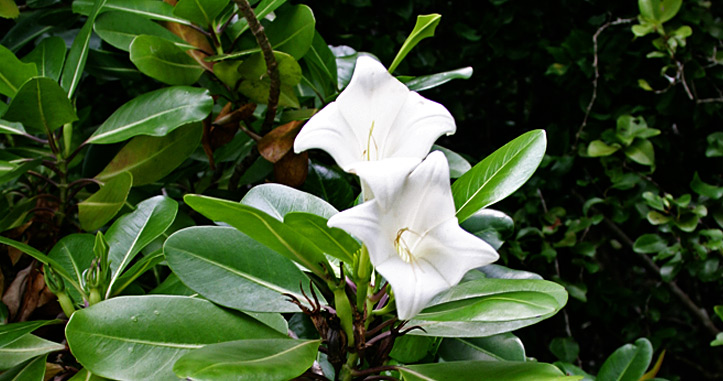
About Us | History | 3R Program | Composting | Beverage Container Fee Program
Energy Recovery | Community Awareness Program | Contact Us
![]()
![]()
Composting is a specialized recycling activity in which organic wastes are biologically decomposed under controlled conditions to convert them into a product that can be applied to the land beneficially and without adverse environmental impact. The process destroys pathogens, weed seeds, insect eggs and other unwanted organism. The final product from the composting process can be used to lighten heavy soil, improve texture of soil, and increase water retention capacity. This product can also be used as cover soil for landfills. It is a natural process that has been used since the early 1900's by farmers to improve conditions from crop cultivation.
![]()
The Compost Facility is one of the three clusters that make up the Solid Waste Management Office (in addition to Transportation & Collection and Technical Recycling Center). Its main responsibility is to reduce the amount of kitchen waste to be dumped at the National Landfill. The facility uses three types of materials to create a unique type of compost that has been approved to be considered a grade A compost. These three materials include raw kitchen waste, chipped yard waste, and shredded cardboard boxes. The Compost Facility utilizes the aerobic method due to its rapid decomposition, odorless and the availability of materials through generated waste. Produced compost of the Facility (containing good source of nutrients) can be used to grow and enhance different kinds of plants like vegetables, ornamental plants, medical plants, and fruiting trees. We follow a 6 step process when creating compost.
We offer a unique and one of a kind compost to anyone who is interested. Fees are as follows:
| Grade A: | $5.00 per ft3 (cubic feet) | Fine grain compost |
| Grade B: | $2.50 per ft3 (cubic feet) | Course grain compost |
| Grade C: | Not for sale | Used as backfill material for roads or soil coverin the landfill |








